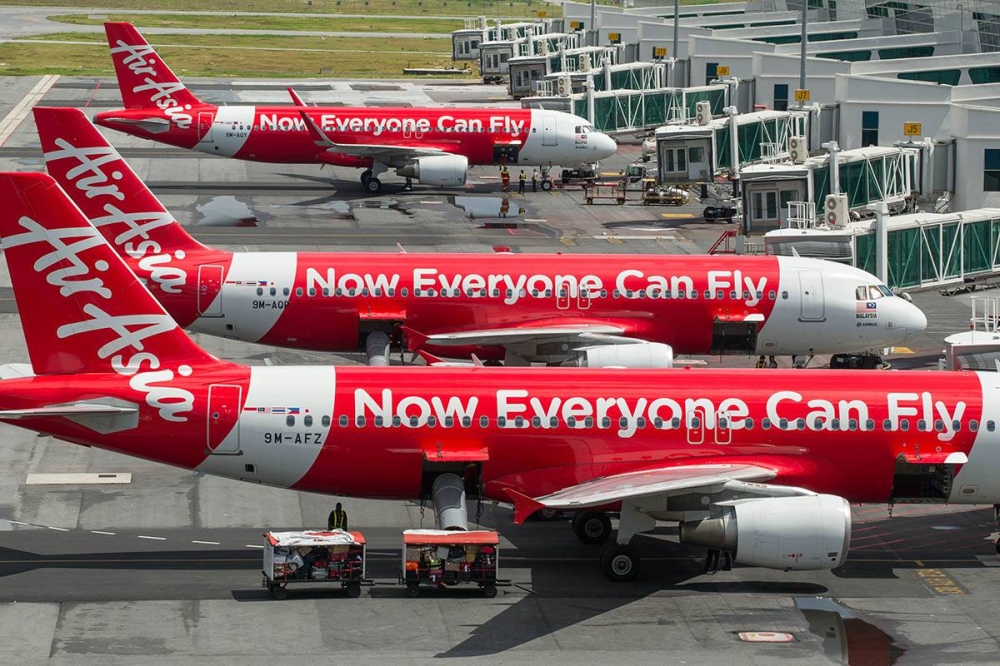Passenger demand recovery continues in August, RPKs up 28.4 per cent - IATA
05 Oct 2023 10:25am

Passenger demand recovery continues in August, RPKs up 28.4 per cent. - Photo: AFP (Pix for illustration purpose)
Globally, traffic is now at 95.7 per cent of pre-COVID levels, it said in a statement today.
It said domestic traffic for August rose 25.4 per cent y-o-y, largely driven by Chinese domestic demand.
Meanwhile, international traffic climbed 30.4 per cent y-o-y, and all markets saw double-digit percentage gains y-o-y.
"Demand for air travel had improved in August. Year-to-date, international traffic increased by 50 per cent y-o-y and ticket sales data show international bookings strengthening for travel in the last part of the year,” said IATA’s director general Willie Walsh.
Asia-Pacific airlines continued to take the lead as traffic in August 2023 grew to 98.5 per cent y-o-y, with capacity rising by 85.5 per cent y-o-y and load factor expanding by 84.2 per cent y-o-y.
European carriers’ August traffic rose 13.6 per cent y-o-y, while capacity increased 12.3 per cent y-o-y, and load factor edged up 1.1 percentage points y-o-y to 86.8 per cent.
Middle Eastern airlines posted a 27.3 per cent y-o-y increase in August traffic, while capacity rose 22.7 per cent y-o-y and load factor climbed 3.0 percentage points y-o-y to 83.1 per cent.
"Heading into the last quarter of the year, the airline industry has nearly fully recovered to the pre-pandemic 2019 demand level.
"Having seen the economic, social, and personal losses when airlines could not fly during the COVID-19 crisis, the industry is determined to secure a sustainable long-term future by achieving net zero carbon emissions by 2050," added Walsh. - BERNAMA
Download Sinar Daily application.Click Here!














